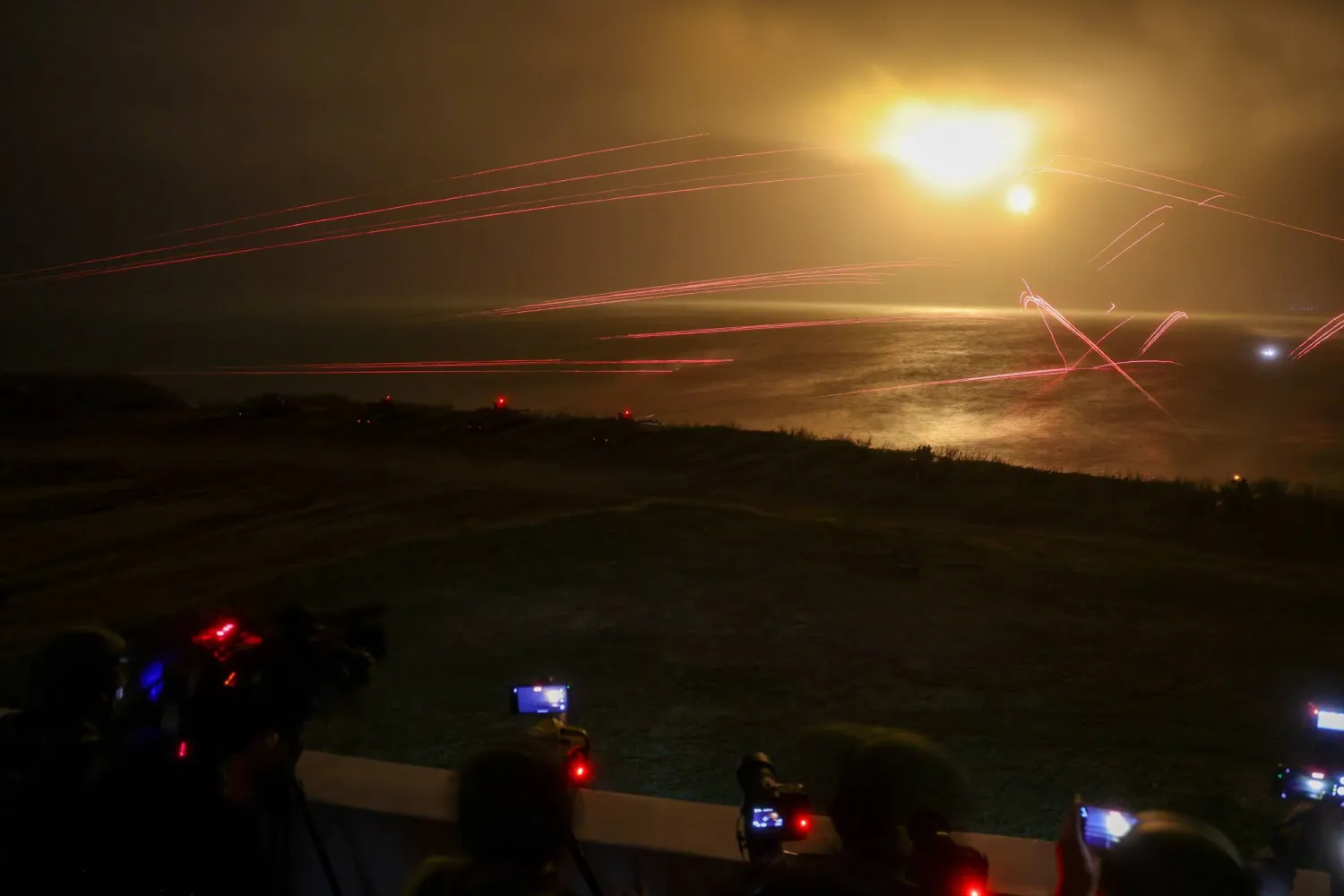The United States has approved a potential $2 billion arms sale package to Taiwan, the Pentagon said on Friday, including the delivery for the first time to the island of an advanced air defense missile system battle tested in Ukraine.
The United States is bound by law to provide Chinese-claimed Taiwan with the means to defend itself despite the lack of formal diplomatic ties, to the constant anger of Beijing.
China has been stepping up military pressure against Taiwan, including holding a new round of war games around the island last week, the second time it has done so since Lai Ching-te took office as Taiwan's president in May.
The Pentagon's Defense Security Cooperation Agency said the new sale consisted of $1.16 billion in missile systems and radar systems worth an estimated $828 million. The principal contractor for the missile system will be RTX Corp, Reuters quoted the Pentagon as saying.
"This proposed sale serves US national, economic, and security interests by supporting the recipient's continuing efforts to modernize its armed forces and to maintain a credible defensive capability," it said in a statement.
"The proposed sale will help improve the security of the recipient and assist in maintaining political stability, military balance, and economic progress in the region."
The missile system sale is for three National Advanced Surface-to-Air Missile System (NASAMS) medium-range air defense solutions that includes the advanced AMRAAM Extended Range surface to air missiles, it added.
The NASAMS system has been battle tested in Ukraine and represents a significant increase in air defense capabilities that the United States is exporting to Taiwan as demand for the system surges.
A US government source told Reuters on condition of anonymity that NASAMS was a new weapon for Taiwan, with Australia and Indonesia the only others in the region currently operating it.
Taiwan's defense ministry welcomed the announcement, noting the "proven" use of NASAMS in Ukraine and saying it would help Taiwan's air defense capabilities in the face of China's frequent military maneuvers.
Taiwan's military is bolstering its armaments to be able to better face any attack from China, including building its own submarines to defend vital maritime supply lines.
China detests Lai as a "separatist" and has rebuffed his repeated calls for talks. Lai rejects Beijing's sovereignty claims saying only Taiwan's people can decide their future.
China's government on Saturday kept up its attacks on Lai, denouncing comments he made on Friday on a sensitive frontline island about how no "external force" can change Taiwan's future.
"There can be no future for 'Taiwan independence'. The future of Taiwan lies in the complete reunification of the motherland," China's Taiwan Affairs Office said in a statement.
US Approves $2 Billion Arms Sale to Taiwan

Live rounds and flares are fired during a nighttime exercise on Penghu Islands, Taiwan October 24, 2024. Taiwan Military News Agency/Handout via REUTERS

US Approves $2 Billion Arms Sale to Taiwan

Live rounds and flares are fired during a nighttime exercise on Penghu Islands, Taiwan October 24, 2024. Taiwan Military News Agency/Handout via REUTERS
لم تشترك بعد
انشئ حساباً خاصاً بك لتحصل على أخبار مخصصة لك ولتتمتع بخاصية حفظ المقالات وتتلقى نشراتنا البريدية المتنوعة







